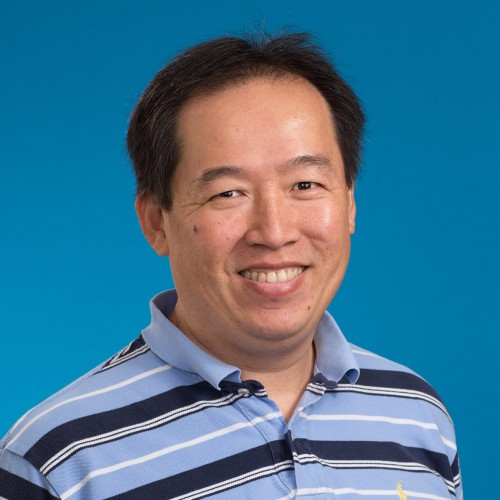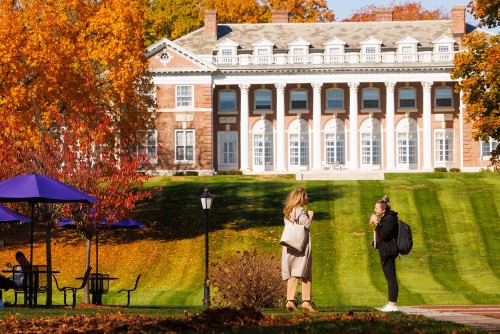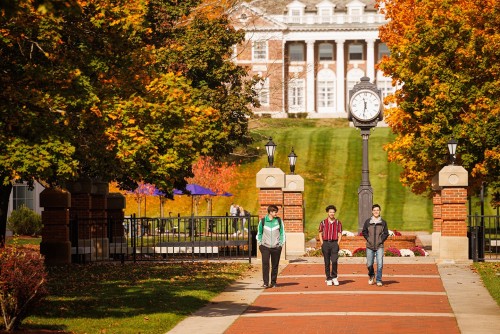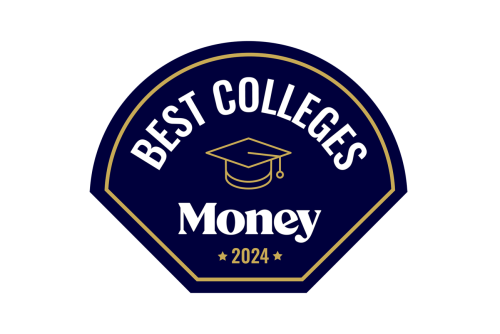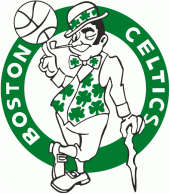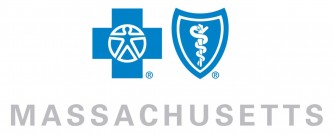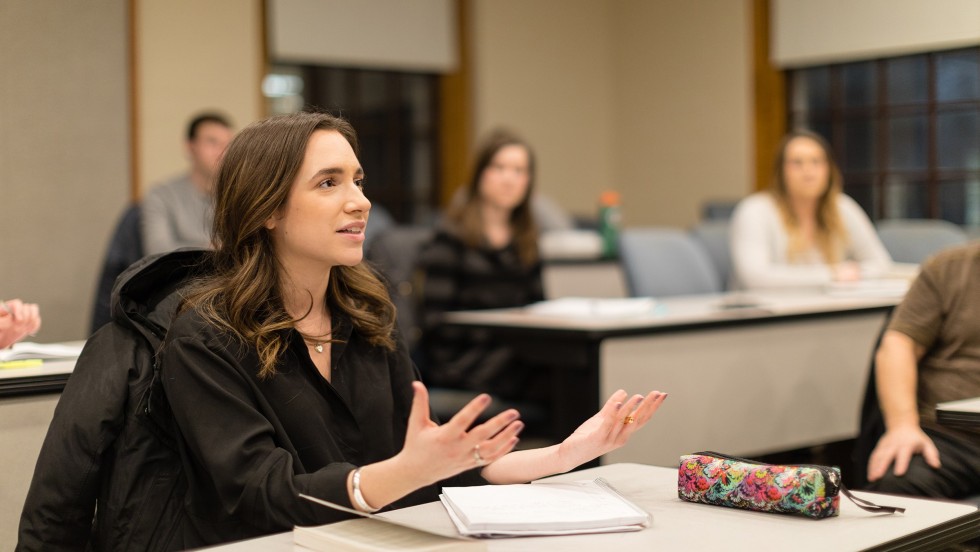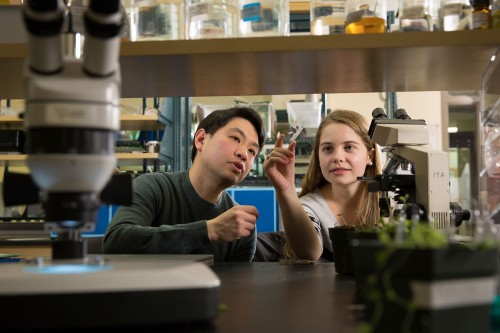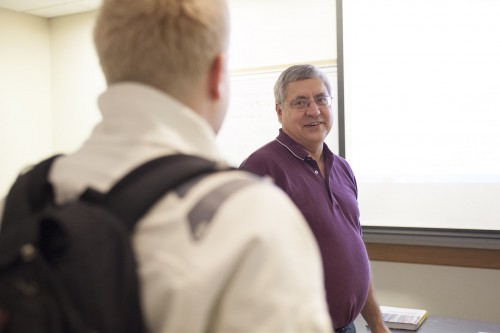Mathematics Major & Minor
Mathematics majors at Stonehill graduate with more than a mastery of calculus and quantitative techniques. They leave with a well-rounded educational foundation that positions them for success in myriad fields.
Mathematics Major Used Degree in the Fight to Cure Breast Cancer
The biostatistician shares how an early path to math led to a career in breast cancer research.
Exponential Opportunities
Mathematics majors at Stonehill College work with award-winning faculty dedicated to teaching in the context of the liberal arts and sciences. Professors in the department see mathematics as both a specialized discipline that can prepare students for specific careers and a fundamental part of a general education, which will give them the intellectual dexterity and creative spirit to excel and, more importantly, to adapt to an ever-changing world.
Three Things to Know About the Mathematics Program
Options Multiply After Graduation
In addition to careers in education, our graduates go on to work as mathematicians in fields that include biomedical, financial, actuarial, technological, government and other areas that use the analytic and logical skills normally developed within a mathematics curriculum.
Pairs Well With Other Majors
The Mathematics Department offers courses in support of other programs and departments, including education, business administration and the sciences, and in support of the College’s general education areas of scientific inquiry and statistical reasoning.
Boundless Opportunities for Experiential Learning
Beyond the campus, mathematics students can enrich their mathematical experience with internships, study abroad or service learning.
Recent Accolades
Organizations involved in assessing U.S. colleges and universities continually cite Stonehill as being among the best in the nation when it comes to value, outcomes and a commitment to making the world a better place. See full list of accolades.
-
U.S. News Ranks Stonehill in the Top 5% Nationally
After assessing U.S. colleges and universities based on 17 measures of academic quality and graduate outcomes, U.S. News & World Report ranked Stonehill No. 73 in the Best Value category out of 1,500 colleges, while also moving up to No. 83 among National Liberal Arts Colleges.
-
Wall Street Journal 2025 Rankings Place Stonehill Among Best Colleges in U.S.
Stonehill College has been recognized again this year by The Wall Street Journal for the value it provides students, especially in the areas of career preparation and character development.
-
Money Ranks Stonehill Among Best U.S. Colleges in 2024
Money’s 2024 Best U.S. Colleges research shows Stonehill among top 10% nationwide.
Sample Courses
Multivariable Calculus
Differential Equations and Dynamics
Probability and Statistics I
Career Development Resources for Students
The Career Development Center offers extensive assistance to students seeking employment, pursuing advanced studies or participating in postgraduate service opportunities. By completing internships and utilizing mentors, students are empowered to build lifelong career management skills.
Mathematics-Specific Career Resources
- Extensive on-campus recruiting program for internships and entry-level jobs.
- Annual career fairs and graduate school information sessions.
- Externships and internships in New York; Washington, D.C.; and Los Angeles (weeklong and semesterlong programs).
- Various industry-specific career lunches – government, nonprofits, sustainability, retail management, insurance, biotech and pharmaceuticals.
- Math and economics alumni career panel.
Where Our Graduates Work
Stonehill’s mathematics graduates go on to work at a range of notable organizations. Continue exploring where Stonehill graduates work.
Go Where Knowledge Lives
We know there’s more to life and learning than what exists within the walls of our campus. That’s why we encourage our students to seize every opportunity to go out and find knowledge at its source. More than 30% of Stonehill students study abroad, nearly three times the national average. Students from all majors can choose from study abroad programs in more than 45 countries.
The College’s study abroad program allows students to discover the world in the pursuit of knowledge, humanity and service.
Outside Partnerships & Special Programs
Save Money: Earn Two Degrees in as Little as Four Years
Related Stories
-

Stonehill’s humanities curriculum gives students majoring in science, technology, engineering and mathematics (STEM) the critical-thinking skills and broad worldview that allows them to achieve more.
-

Professor Eugene Quinn has discovered an innovative way to deliver problem sets to his classes and track their progress using Stonehill’s online assessment tools.
Contact Information
